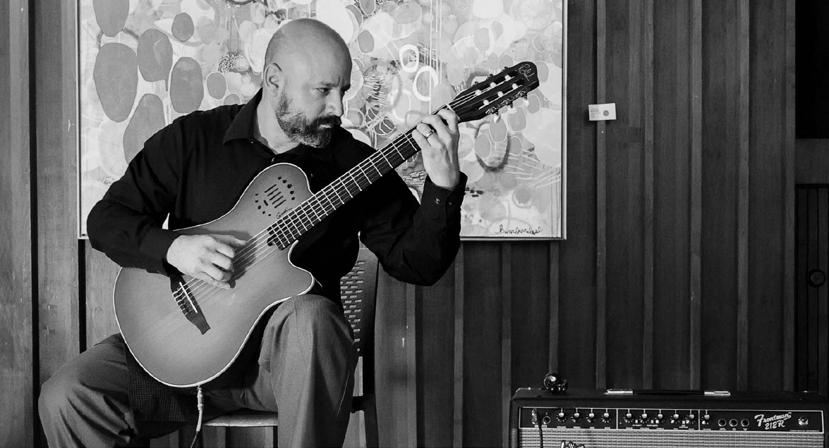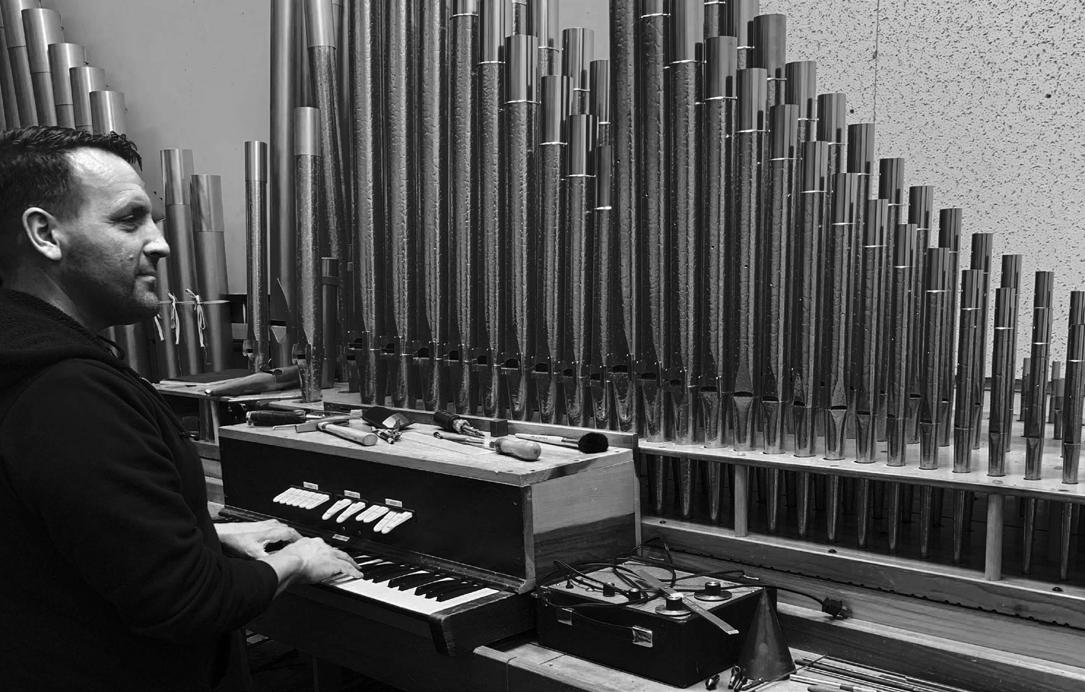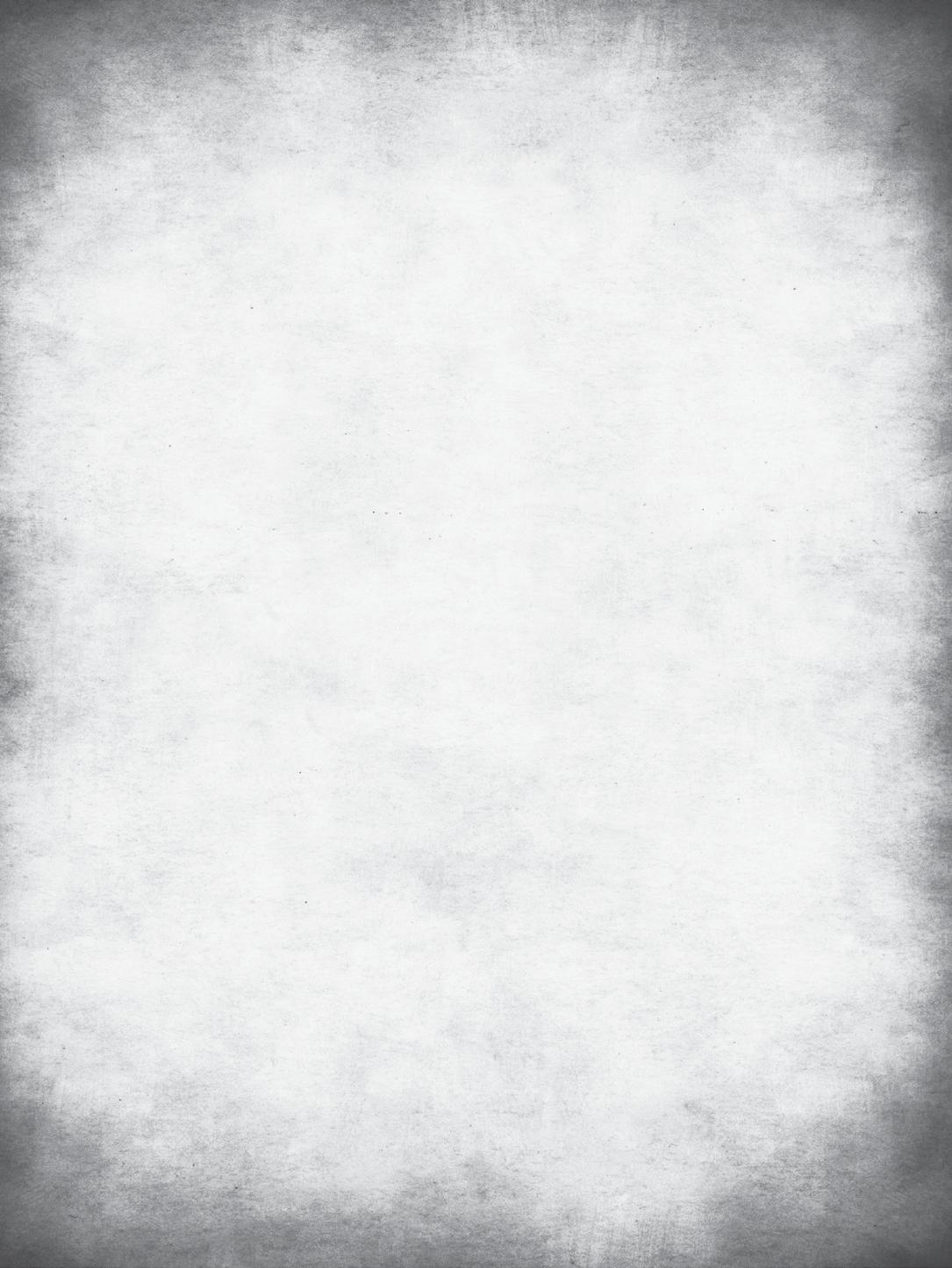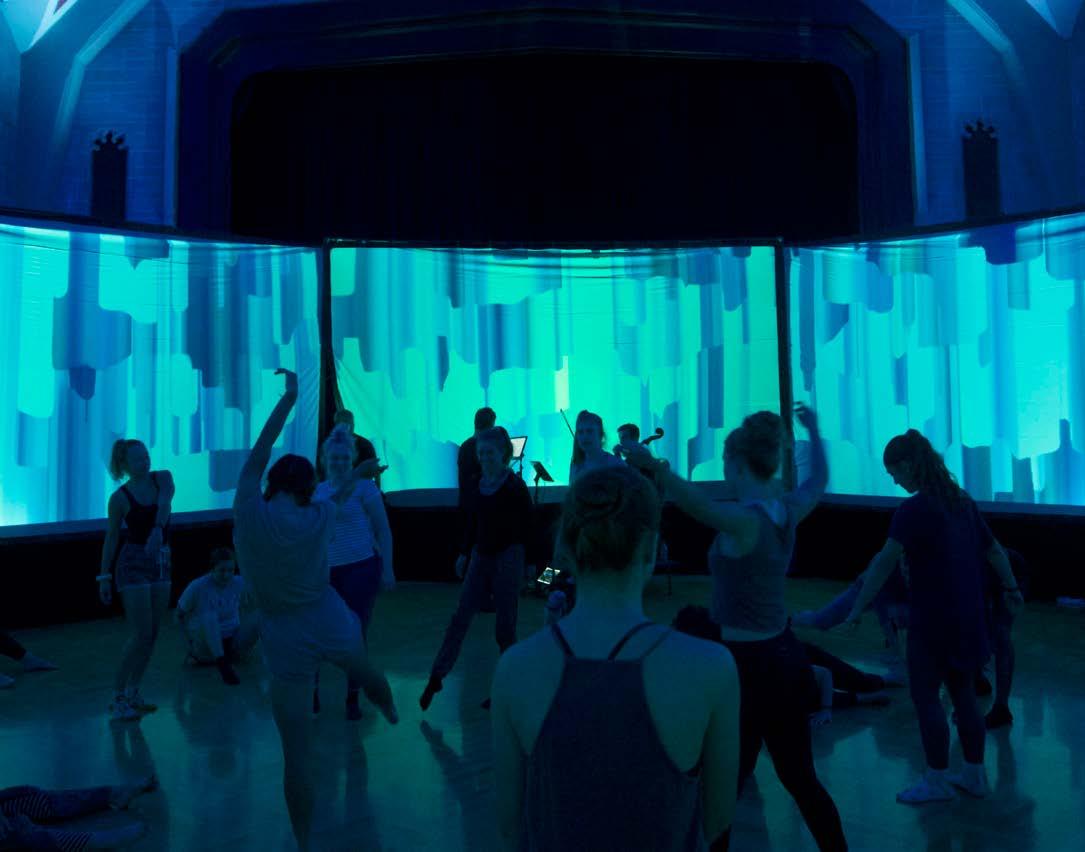
4 minute read
My Music. My Story
Music and the arts are an integral part of Dr. Chandy John’s life. As a physician-scientist and director of the Ryan White Center for Pediatric Infectious Disease and Global Health at the Indiana University School of Medicine, Dr. John sees pediatric patients at Riley at IU Health and researches malaria and sickle cell disease, and their effects on children in Uganda and Kenya. John recently published Something Small That Matters, a poetry collection that highlights the interconnected nature of the world.
WHAT KIND OF A MUSICAL BACKGROUND DO YOU HAVE?
Advertisement
Growing up, I took piano lessons and played mostly classical music through high school. I sang in choirs in junior high, and also in a church choir when I was doing my fellowship in Cleveland. I have sung at weddings and at church, so music has always been an important part of my life.
HOW DO YOU WEAVE MUSIC INTO YOUR LIFE NOW?
My husband, Andrew Hisey, is a classical pianist. Andrew taught piano pedagogy to college students for many years at Oberlin
Dr. Chandy John ____
Words by Crystal Hammon
College & Conservatory. He is constantly trying out new pieces and performs occasionally as a soloist and with a collaborative pianist, doing fourhands, two-piano duets. So, I hear classical music pretty much every day when I’m in the U.S.
Music is an integral part of my life, especially during COVID-19, when I’ve often worked from home. Andrew is usually playing music in the background while I’m working during the day, or at night when I’m reading. Having a very talented classical pianist in the house makes music a wonderful presence in my life. It has also introduced me to a lot of music I would never have heard otherwise because I don’t have his knowledge of repertoire.
We have lived in some cities with fantastic orchestras. Pre-COVID-19 we went regularly to hear the Indianapolis Symphony Orchestra. In Cleveland, we had the amazing Cleveland Orchestra. And in Minneapolis, the Minnesota Orchestra is incredible. You have to have some listening experience with orchestras that aren’t as good to understand what a very special experience a good orchestra can be.
WHAT IS YOUR MOST MEMORABLE EXPERIENCE WITH MUSIC?
One moment is almost primal for me. I was in fifth grade. In those days, you put a disc on a turntable. Then you physically moved the needle above the disc and pushed a little lever so the needle met the rotating disk. You would hear the music along with all the little hisses and cracks coming out of the speakers. There was kind of a physical reality to it that we don’t get from all the streaming options we have today.
I found one of my parents’ records and listened to the Billy Graham Choir singing the chorus of His Eyes Are on the Sparrow, which is a very classic, white, middle-American sound. There was just a little segue, and then the voice of Ethel Waters came in. The pacing was different, the timbre of the voice was different — everything about it was a wonderful juxtaposition to the choir. I just remember thinking “I’ve never heard anything like this before.” I listened to that track again and again. It was my initiation into an African-American style that cut through the very staid sound of the choir. It felt very deep and personal, and called me to be right there in that moment. That record started my lifelong love of the music of Ethel Waters, and it made me seek out other African-American performers. I discovered singers and musicians who spoke to me in a way that very few others did. In addition to Miss Waters, my favorite singers are Ella Fitzgerald and Aretha Franklin. They are both such extraordinary talents.
HOW DOES MUSIC OVERLAP WITH YOUR LIFE AS A PHYSICIAN-SCIENTIST?
The work we do in the sciences and medicine of decreasing infections and the complications of infections in children is meant to make their lives better and have them be in good health. The question is “What are they in good health for?” One of the reasons we want better health for children is so they can enjoy what’s wonderful about the world, and music is one of those things.
The distinction that’s often made between the sciences and the arts is artificial and somewhat sad. As someone who very much believes in the importance of facts, evidence, data and science, I feel that one of the unfortunate side effects of our pursuit of science is the emphasis on so called “practical” knowledge. We are not thinking about the incredible benefits of the arts, which are sometimes devalued because they may not deliver a concrete outcome like better health or prevention of death.
Of course, seeking better health is important, but having music and the arts is also vitally important. I feel very strongly that we should deeply value artists who contribute to a meaningful life for children and adults. Artists give us some of the greatest reasons to live. I view my work in science as facilitating a full appreciation of the arts. ■










